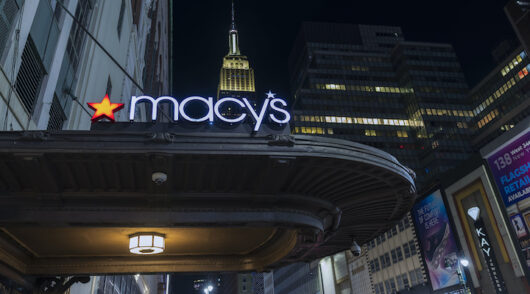
A $15.80 weekly increase to the minimum wage shouldn’t affect inflation or have a negative impact employment, the Fair Work Commission says.
FWC president Justice Iain Ross on Tuesday says the national minimum wage will rise by 2.4 per cent to $672.70 a week from July 1. That’s $17.70 an hour. For retailers it will see the rate for shop assistants increase by $17.30 per week to $738.80 per week, or $19.44 per hour.
“The level of increase … will not lead to inflationary pressure and is highly unlikely to have any negative impact on employment,” he said.
Ross said the general economic climate is robust amid continued improvement in productivity and historically low levels of inflation and wages growth.
“The prevailing economic circumstances provide an opportunity to improve the relative living standards of the low paid,” the president said.
The increase falls below the $30 a week rise the ACTU wanted but above the $7.90 to $10.50 rise business groups had lobbied for.
The Fair Work Commission has also increased the modern award minimum wage by 2.4 per cent.
Meanwhile the Australian Retailers Association (ARA) said it is concerned for the future of the retail industry after the Fair Work Commission’s increase of the minimum wage.
Executive Director Russell Zimmerman said the ARA advocated before the tribunal a ‘manageable minimum wage increase’ of $7.90 per week for the retail sector.
“Many small to medium enterprise retailers are reliant on a minimum wage workforce, and the announcement today to increase wages during this time of low consumer confidence and low growth will sadly result in further job losses and business closures – a very distressing truth for retailers.
“The minimum wage increase, coupled with weak trade figures and penalty rates, will only cause further damage to retailers who are struggling to keep their heads above water as it is.”
“The ACTU and SDA aren’t about creating jobs and opportunity but they now continue a low productivity and high wages agenda which will only harm retailers and their employees,” said Zimmerman.
The National Retail Association (NRA) has also warned that the Fair Work Commission’s decision to lift the national minimum wage by 2.4 per cent could force job cuts across the retail sector as SMEs struggle to cope with the added financial costs.
NRA CEO Ian Winterburn said the awarded increase could unfairly penalise young people.
“The NRA proposed a sensible 1.6 per cent increase, which was calculated with regard to the economic trade-offs between factors such as unemployment levels, productivity gains in the sector, business conditions, and the inflation rate as a measure of the increased cost of living,” said Winterburn.
“The 2.4 per cent increase, which is above the current rate of inflation, seems to imply that there is a significant productivity component included in the decision.
“This is contrary to the conditions that are currently being experienced in the retail industry.
“It highlights a fundamental problem with centralised wage fixing decisions, which do not adequately consider the economic conditions that exist in individual industry sectors.
“Our proposal was the same as that of the Australian Industry Group, however a number of other groups proposed much lower increases.
“We believe our proposed 1.6 per cent would have been a far more equitable outcome in the midst of a very challenging economic period, and at a time when retail employers are facing unprecedented competition from online, overseas-based retailers,” he said.
Access exclusive analysis, locked news and reports with Inside Retail Weekly. Subscribe today and get our premium print publication delivered to your door every week.





